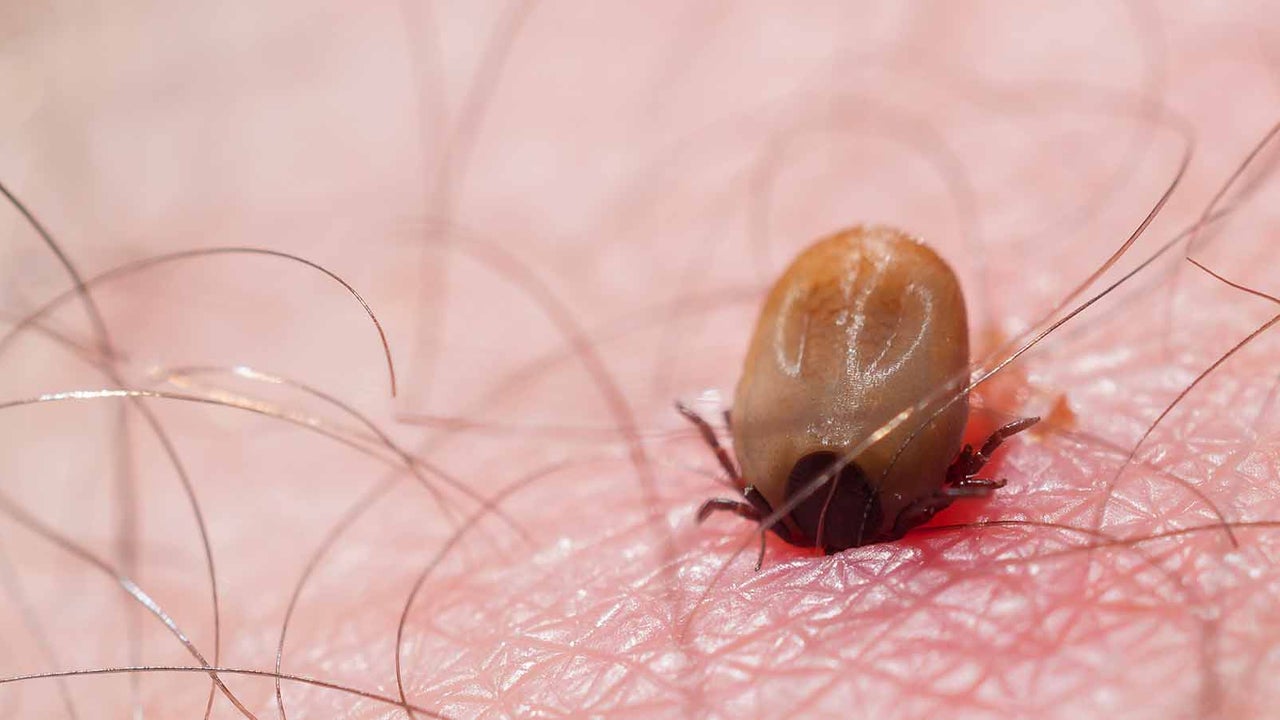

Neuropsychiatric-like aspects due to Lyme disease and some parasites
Human pathogenic agents can, despite protective barriers, penetrate the CNS (central nervous system) and infect it (neurotrophic infections). Neurotrophic infections often co-occur with neuropsychiatric disorders and lead to profound changes in nervous system functions with serious (late) consequences.
These infections can be caused by a variety of viruses, bacteria, parasites, or fungi.
An example of a neurotrophic infection is neuroborreliosis. It accounts for 8-46% of Lyme borreliosis cases. Neurological and psychiatric disorders in the course of Lyme borreliosis are very diverse: they can affect the CNS, PNS (peripheral nervous system), and muscles.
Toxoplasma seropositivity is also associated with an increased risk of physical and psychological problems, especially autism, and schizophrenia, but also partially bipolar disorders, severe depressive disorders, anxiety disorders, ADHD, etc.
(Borreliose Wissen Aktuell 48/23 )
Entire article: Download PDF








